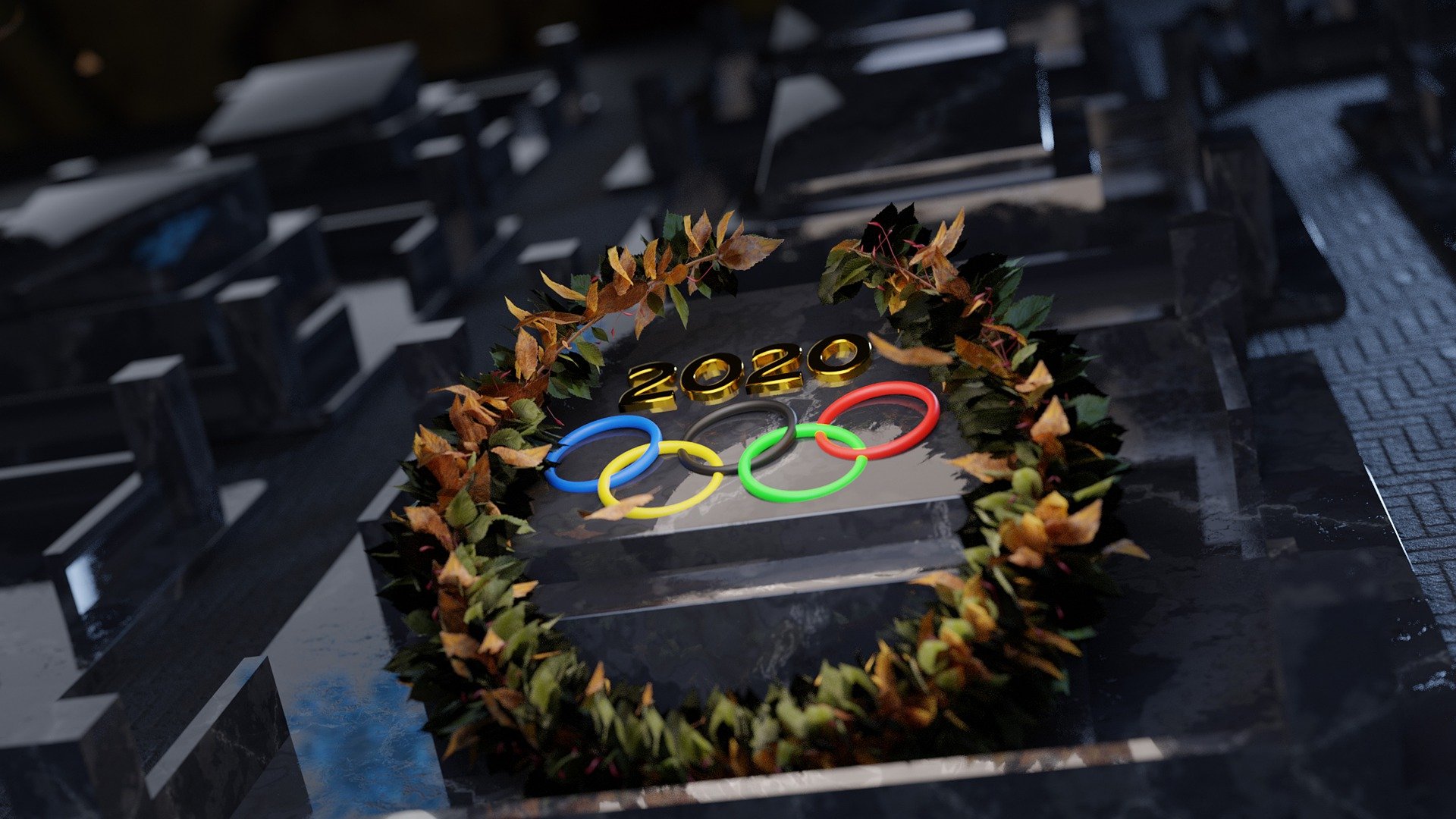No gold medals for discrimination

Sienna White discusses how fashion has exposed sexist and racist practices at the Olympics.
The Tokyo Olympics have been unique in sporting history – the first to be conducted in the midst of a global pandemic. In addition to the unprecedented situation that almost saw the event cancelled entirely, the Games have been both preceded and surrounded by controversies publicised widely in the media.
One of the most commonly occurring points of contention has been the consistent focus on how athletes’ bodies appear, as opposed to how they perform – particularly in the case of sportswomen.
Norwegian goalkeeper Tonje Lerstad voiced her frustration, saying ‘It’s so shocking that we have to pay for not playing in our panties’.
Days before the Games began, the Norwegian Womens’ Handball team was fined for their decision to wear shorts at the European Championship: while the men can play in shorts and vests, the rules require female competitors to wear bikini bottoms and short tops. This uniform does not improve athletic ability, nor team performance; in fact, there is no justification for it at all. In an interview on Radio 1 Newsbeat, the goalkeeper Tonje Lerstad voiced her frustration, saying ‘It’s so shocking that we have to pay for not playing in our panties’.
Paralympian Olivia Breen was faced with appearance-based discrimination of the opposite nature. Breen reported that, just before the Tokyo Games, a female official at the English Championships had advised her to ‘consider buying a pair of shorts’ as the briefs she was wearing were ‘too short’. She expressed surprise at the brashness of the comment, whilst also questioning whether the same level of criticism would be directed towards a male athlete.
Unfortunately, it appears that discrimination based on gender is not the only form of bias that has reared its head in the events leading up to and including the Tokyo Olympics. In July, the International Swimming Federation forbade the use of SoulCap swimming caps, which are designed specifically for voluminous hair. This ban meant that the black-owned company’s products would not be permitted to be worn in the upcoming Olympics. The ruling was officially labelled as a decision stemming from the reasoning that the SoulCap does not follow ‘the natural form of the head’. The Federation’s decision arguably caters to a standard that does not allow for any divergence from the norm (only 3 out of 24 swimmers on the 2012 Olympic swimming team were non-white), thus discriminating against swimmers of colour who would benefit from the SoulCap.
It is disappointing that, on the highest world stage of sports, the incredible achievements of the competitors are so often left vying for headline space with incidents of discrimination they still face.
While the many instances of prejudicial treatment are disheartening for the notion of social progress, some athletes are taking an active stand against their unjust treatment. In a similar vein to the Norwegian Handball team, the female German Olympic gymnastics team chose to wear full-body unitards for the qualifiers, as opposed to the high-cut leotards that are commonly worn. This was to protest the sexualisation of the sport – a stance which is particularly relevant in light of former Olympic Gymnastics national team doctor Larry Nassar’s conviction for sexually assaulting many of the young athletes he was responsible for. At his sentencing, it was described by many athletes how his behaviour was abetted by the sexualised culture of the sport. Though it appears as a simple outfit choice at first glance, the German team’s memorable choice may have implications long after the Games.
It is disappointing that, on the highest world stage of sports, the incredible achievements of the competitors are so often left vying for headline space with incidents of discrimination they still face. The recent Black Lives Matter Protests and the MeToo movement have sparked a vital conversation by raising awareness about the continuing prevalence of racism and sexism – and it seems that sport is no exception to this global rule.


